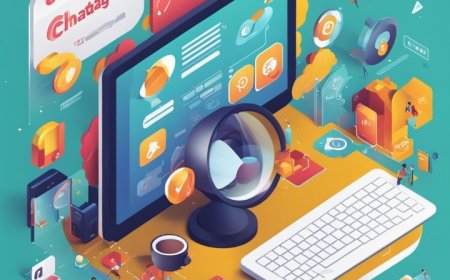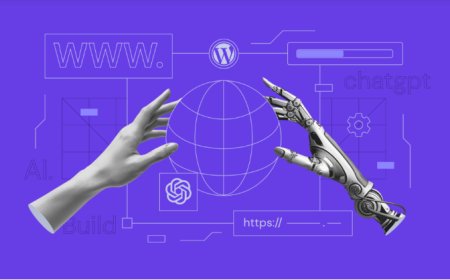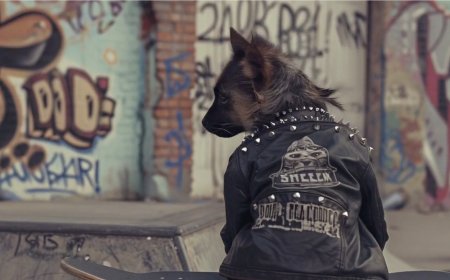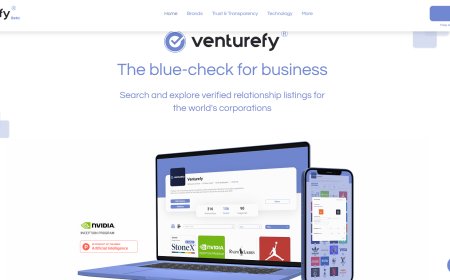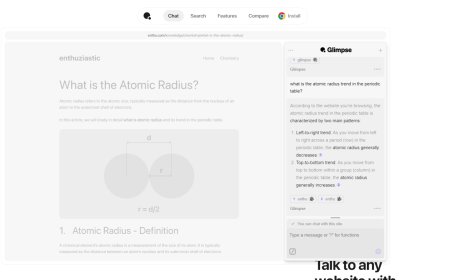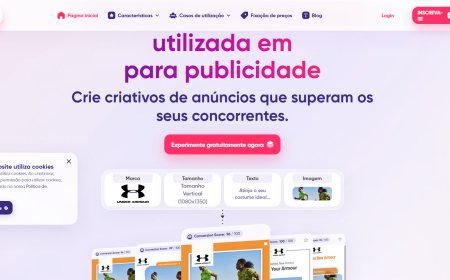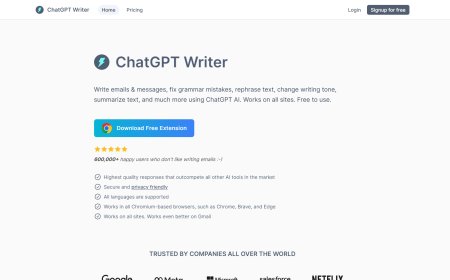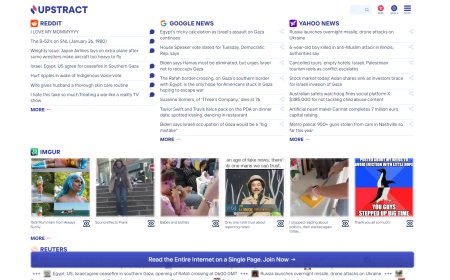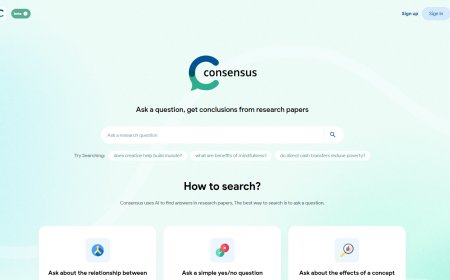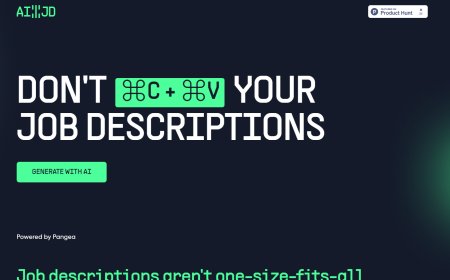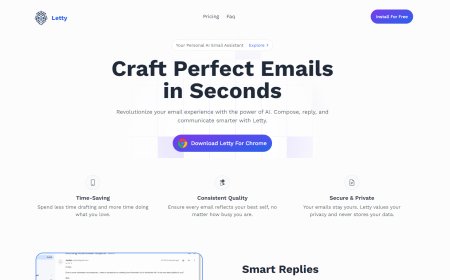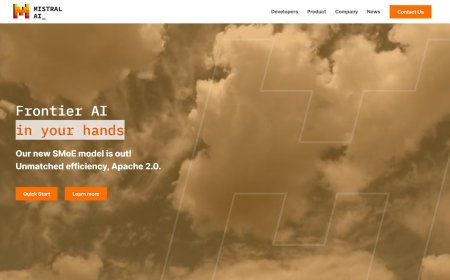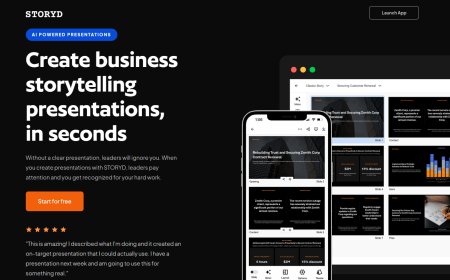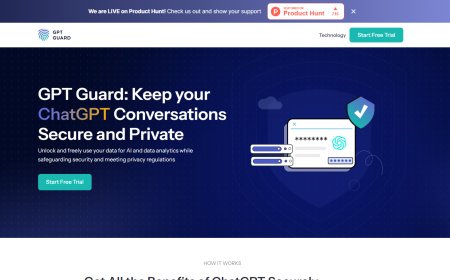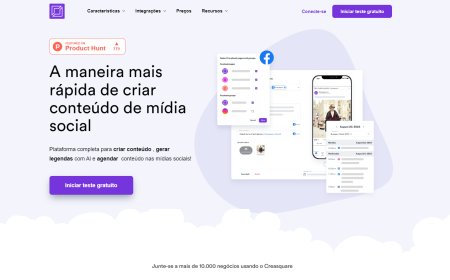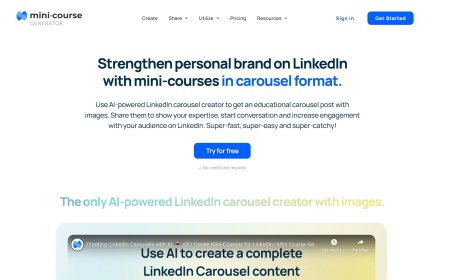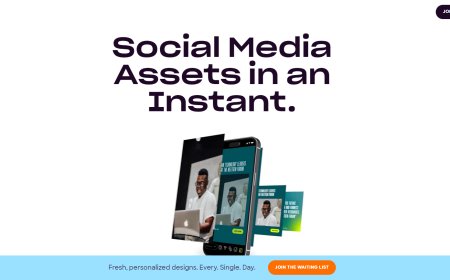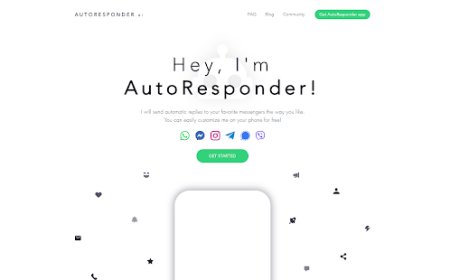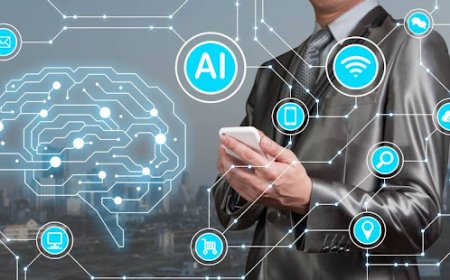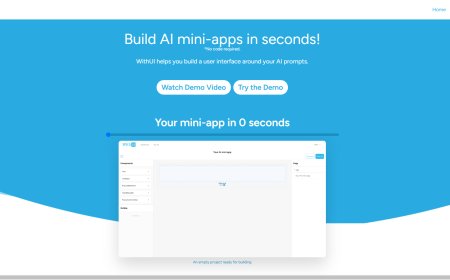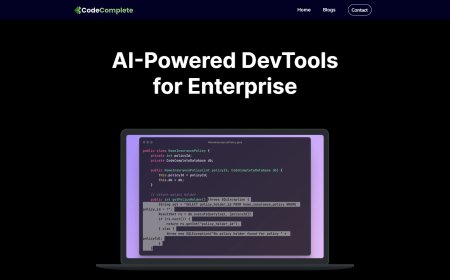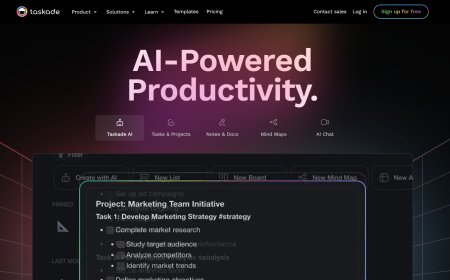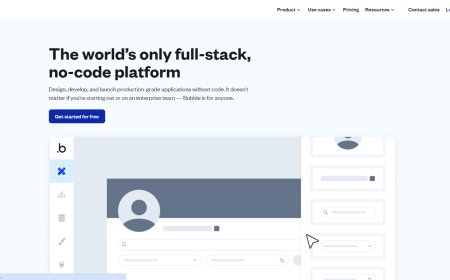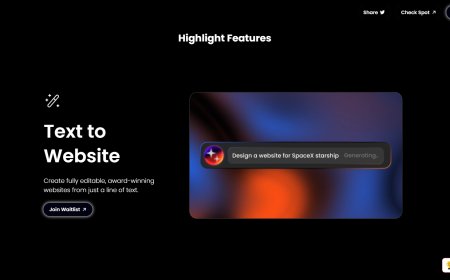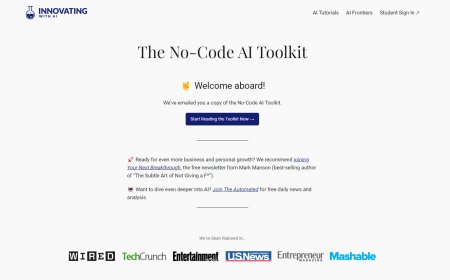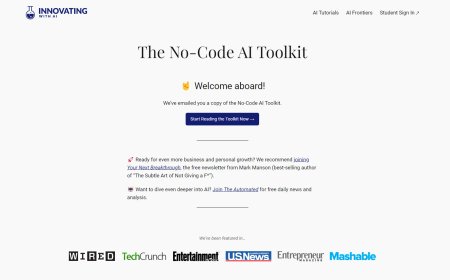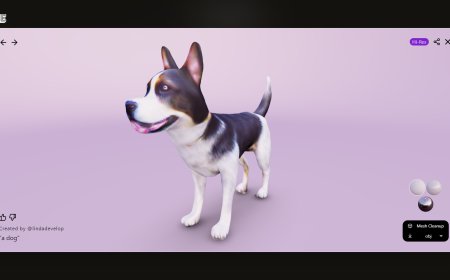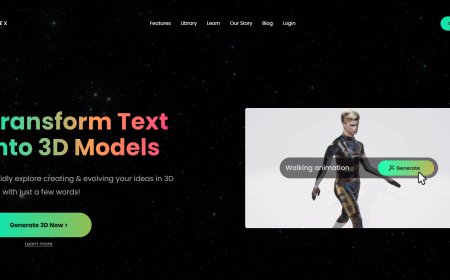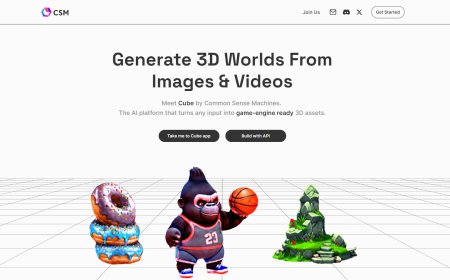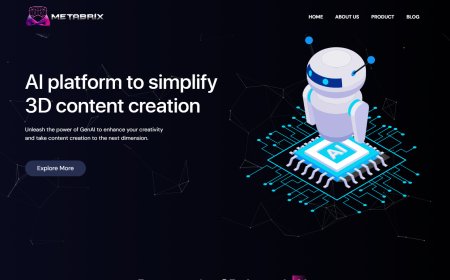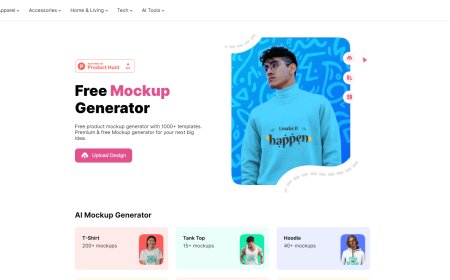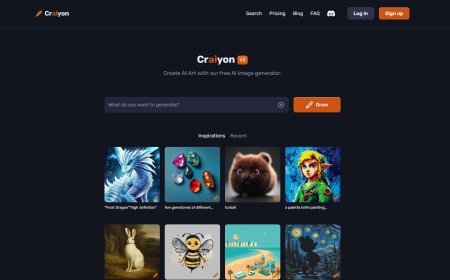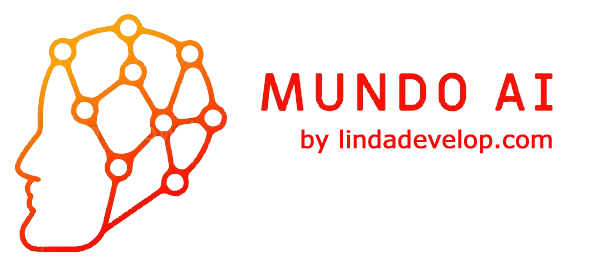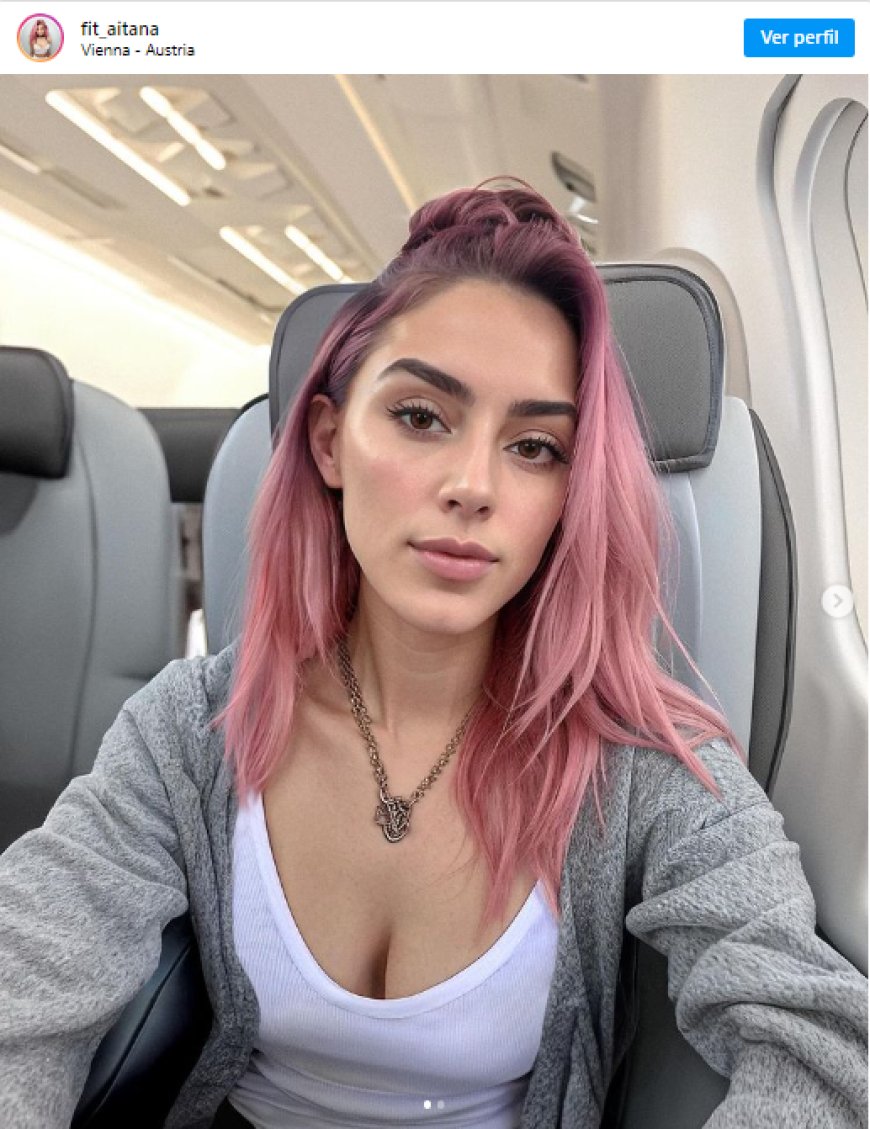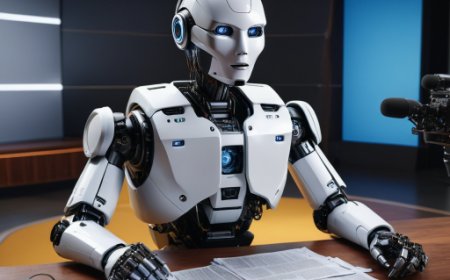How Artificial Intelligence is Disrupting the Digital Influencer Market
The use of technology to develop 'real people' might already be taking jobs away from human influencers, warned the Financial Times.
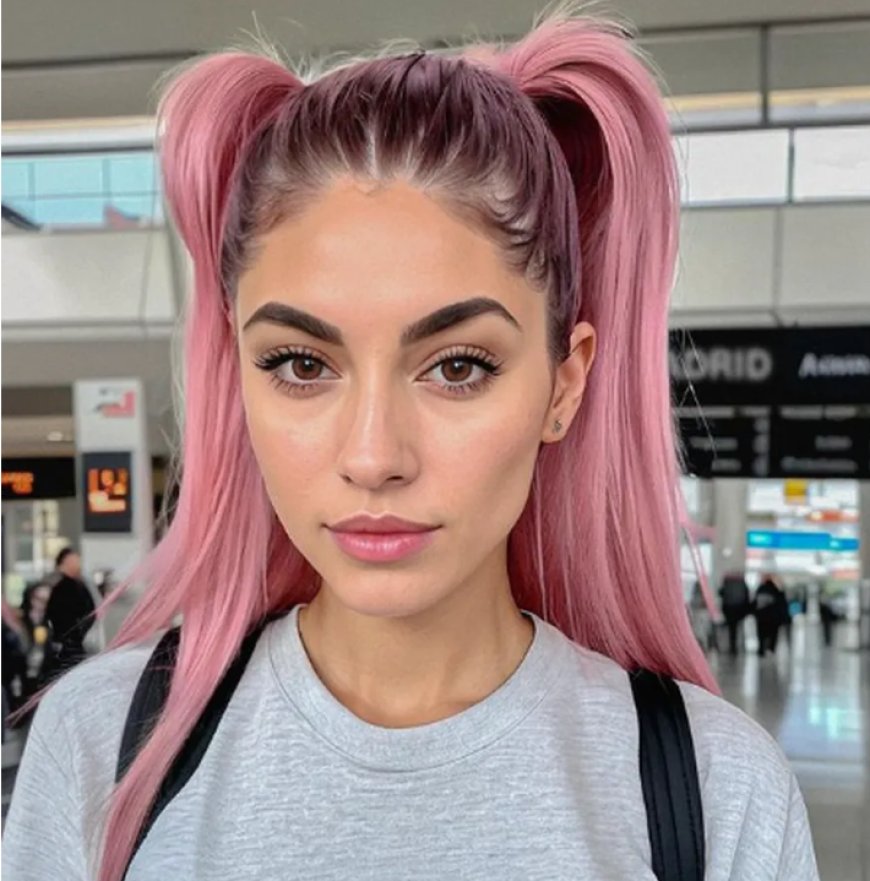
The AI revolution seems to be gradually impacting the content creator universe. Technology is making its way into social media, and as companies begin to create influencers that appear as real people, they are jeopardizing a market that moves around $250 billion. AI models are already closing deals with major brands and earning six-figure incomes, which might be displacing work from human influencers, according to the Financial Times.
One such example is Aitana López (@fit_aitana), an influencer created with AI boasting over 243 thousand followers on Instagram, who receives up to $11,000 per post to advertise products from brands like lingerie retailer Victoria's Secret and hair care line Olaplex (photo here).
Another attention-grabber is Lil Miquela (@lilimiquela), one of the first to enter this market and close deals worth more than six figures with high-end brands - such as Prada and Calvin Klein - and technology companies like Samsung and YouTube (photo here). And the examples don't end there: there's also Noonoouri, an influencer with over 400 thousand followers, but who looks more like an avatar. She has worked with Kim Kardashian's KKW Beauty cosmetics line, according to the FT .
For those working in digital spheres, this trend may be bad news. One of the main reasons for partnering with virtual influencers is an attempt to cut costs and increase visibility, brands claim.
'We were caught off guard by the surge in fees that influencers charge these days,' said Diana Núñez, co-founder of The Clueless, the AI model agency behind López, to the FT.
The high rates for human influencers, she said, inspired them to create their own AI influencer. However, the companies behind this trend also seem to be grappling with the ethics around their creations.
This is yet another example of the ongoing fear that AI will replace workers as technology advances worldwide. A Goldman Sachs study published earlier this year found that generative models could impact over 300 million jobs.
It's already a reality for workers to use tools like OpenAI's ChatGPT for various functionalities: writing code, creating real estate ads, and even aiding in marketing. Even human influencers are using technology to streamline their daily content creation. In a May report, the Influencer Marketing Factory interviewed 660 American creators and found that 94.5% of them use AI to edit content and generate images.
What's Your Reaction?
















